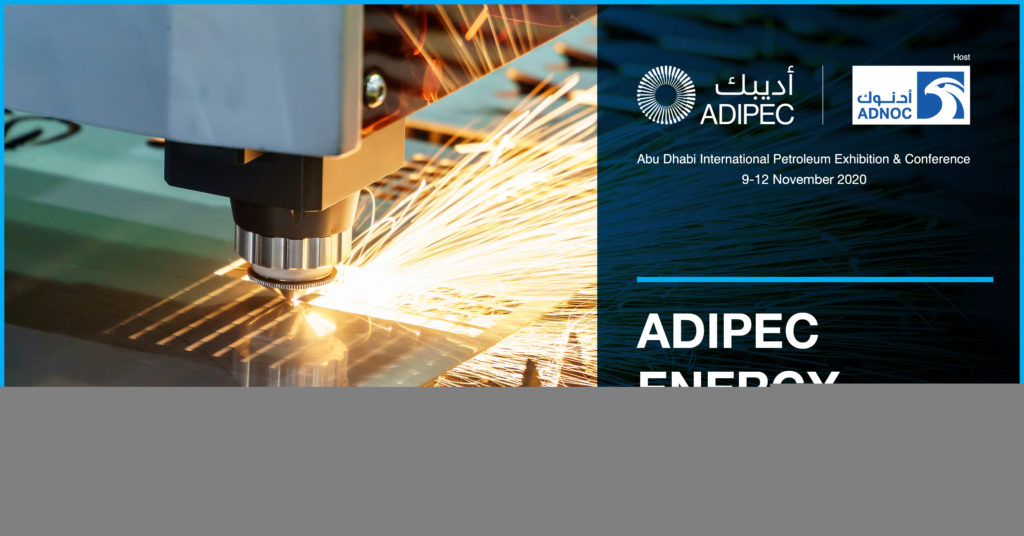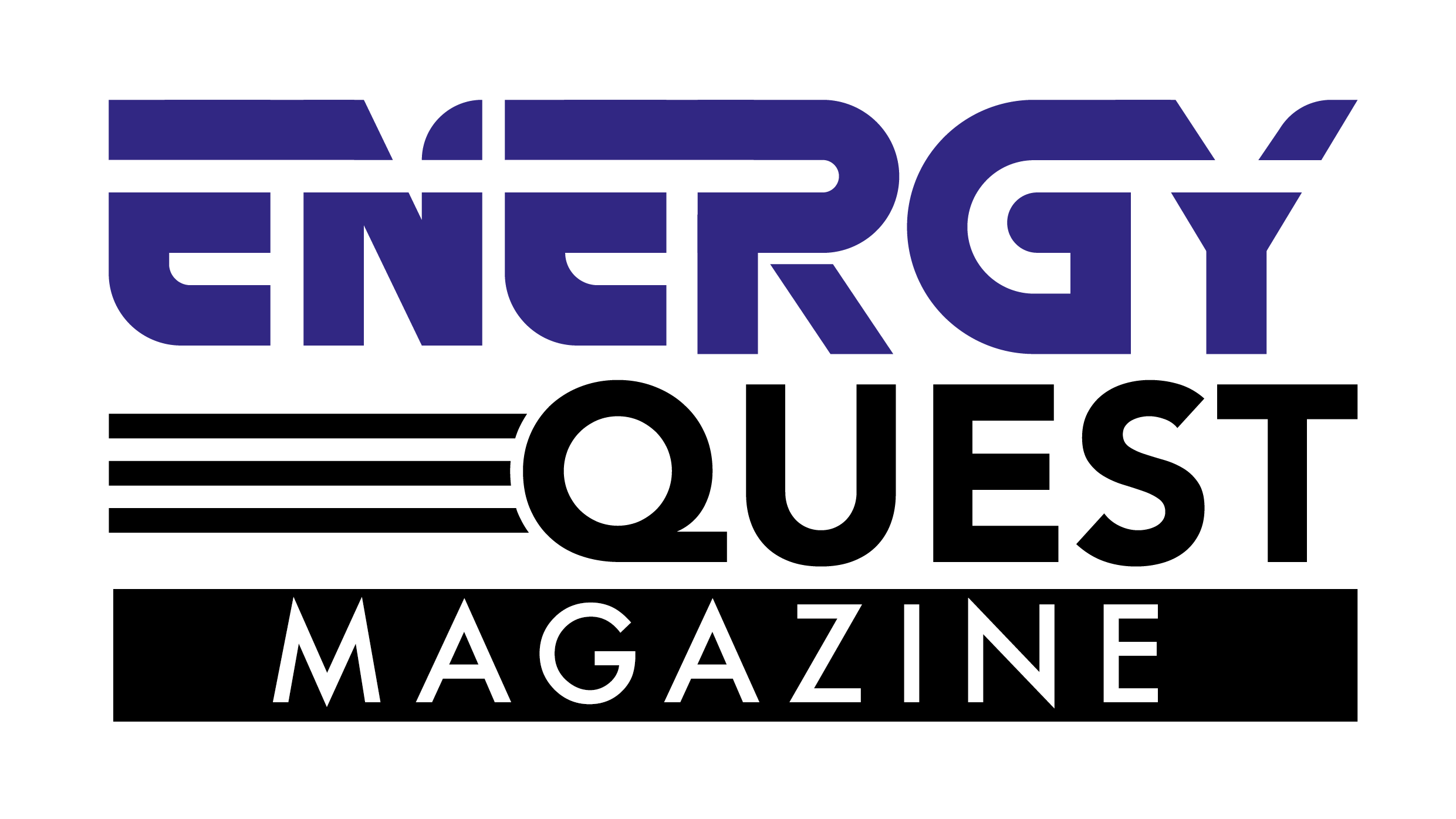Bounce back in China’s manufacturing sector points the way; other countries expected to follow as lockdown is lifted
Latest in series of on-line ADIPEC Energy Dialogues hears it could be late 2021 before oil and gas markets recover to 2019 volumes
OPEC+ supply constraints coming under pressure from US shale and indebted oil producers as prices strengthen; production cuts likely to be rolled over and extended

Abu Dhabi, UAE – 11th June, 2020 – A revival in manufacturing across the world holds the key to the mid-term recovery of oil and gas markets, with consumer demand likely to lag as the energy industry begins to recover from the twin shock of the COVID-19 crisis and the resulting demand crash.
Participating in the latest online ADIPEC Energy Dialogue, Rachel Ziemba, an economic and political risk expert and Founder of Ziemba Insights, said the early signs from China, the first major economy to exit from the COVID-19 induced lockdown, are that manufacturing has bounced back more than consumption and that trend could be repeated in other countries.
“It is notable that the COVID crisis and the associated economic and energy crisis has really been the first to blow out the global consumer,” Ziemba said. “2008 was much more of a hit to the financial sector and manufacturing. This time it is the reverse. The big question is how quickly consumer demand will come back.”
Ziemba added it could be well into 2021 before oil and gas markets get to volumes approaching where the industry was at the end of 2019.
Looking at the trends likely to impact the recovery of oil markets in the mid-term, Ziemba said the OPEC Plus group of producers has had some success in tightening the market. But a question mark hangs over how long supply can be constrained.
“The challenge is that a few countries, those that are most economically strapped and not eligible for debt relief, are not complying in full and some have barely reduced production,” Ziemba said. “Despite pressure from the likes of Saudi Arabia and Russia, it is going to be very difficult for them to comply because these are countries that had big fiscal deficits when oil was $70 a barrel.
“The other challenge is that we are starting to see parts of the US shale industry starting to reverse shut ins. We are also seeing more rig activity after many weeks of decline. In a price range of mid-30s into a 40 range, there will be more entities that can make some money and the risk is that it puts even more pressure on OPEC Plus. So, I do think the most likely scenario is a rolling over and extension of the supply cuts.”
Access to credit, to support economic recovery, is an additional challenge for indebted oil producing countries, which are having to deal with multiple shocks at the same time, including sizable outbreaks of the COVID-19 coronavirus that may or may not be under control. Many of the oil producers that are in a tougher financial position than their rich peers are too wealthy to qualify for debt relief, Ziemba said, heightening social, political and economic risks which could further impact the oil and gas industry.
Elsewhere, as oil and gas companies seek for ways to recover, Ziemba said she expects to see some industry consolidation, particularly in the United States with more cash rich entities looking to go into smaller, more speculative areas that are lower cost. She also highlighted the possibility of further job cuts as companies become leaner and decide between boosting commercial reserves, or partnering with governments. Meanwhile, she added she expects to see more National Oil Company enter into partnerships, for example Middle East producers and Asian buyers, which enable greater creativity in payment terms and contracts.
The ADIPEC Energy Dialogue is a series of weekly online thought leadership events created by dmg events, organisers of the annual Abu Dhabi International Exhibition and Conference. Featuring key stakeholders and decision-makers in the oil and gas industry, the dialogues focus on how the industry is evolving and transforming in response to the rapidly changing energy market.
ADIPEC 2020 is projected to attract more than 155,000 energy professionals from 67 countries; including senior decision-makers and energy industry thought leaders, over 2,200 exhibiting companies and 23 national exhibiting pavilions as oil and gas companies convene to share views and best practices to address the long-term impact of the triple challenge of lower oil prices, weaker demand and over supply.
Held under the patronage of His Highness Sheikh Khalifa Bin Zayed Al Nahyan, President of the UAE; hosted by the Abu Dhabi National Oil Company (ADNOC); and supported by the UAE Ministry of Energy & Industry, the Abu Dhabi Chamber, and the Abu Dhabi Tourism and Culture Authority, ADIPEC is scheduled to take place from November 9 to 11, at the Abu Dhabi National Exhibition Centre (ADNEC). To watch the Energy Dialogue series go to: https://www.youtube.com/channel/UCnFtPtFwMrRkuGUTk4Rh4tA
About ADIPEC
Held under the patronage of the President of the United Arab Emirates, His Highness Sheikh Khalifa Bin Zayed Al Nahyan, and organised by the Global Energy division of dmg events, ADIPEC is the global meeting point for oil and gas professionals. Standing as one of the world’s top energy events, and the largest in the Middle East and North Africa, ADIPEC is a knowledge-sharing platform that enables industry experts to exchange ideas and information that shape the future of the energy sector. The 36th edition of ADIPEC will be hosted by the Abu Dhabi National Oil Company (ADNOC) and supported by the UAE Ministry of Energy & Industry, Masdar, the Abu Dhabi Chamber, the Abu Dhabi Department of Culture and Tourism, Abu Dhabi Ports and the Department of Education and Knowledge. dmg events is committed to helping the growing international energy community. To know more, visit: www.adipec.com.

